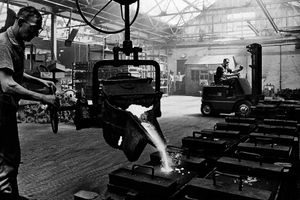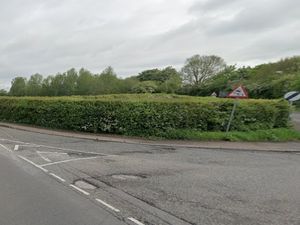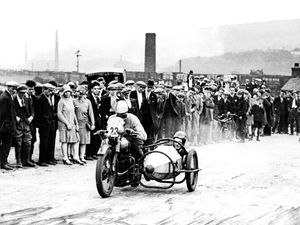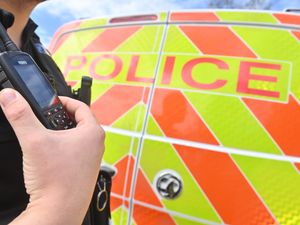What readers had to say in last Black Country survey
Three years ago, the Express & Star carried out a Great Black Country Census to get a snapshot of the people living in the area.

It generated a huge response from across all sections of the community that the paper had ever seen and gave an insight into the population and posed the fundamental question: Does the Black Country still exist?
We have been an integral part of the Black Country community for over 140 years and are proud of everything this area has achieved.
And we applaud and actively support the efforts of the Black Country Festival in celebrating those achievements and the traditions and identity of the Black Country.
But we have seen many changes in our region over the years. There have been many hard times for an area that was once at the forefront of the Industrial Revolution and has led the way in many trades and in manufacturing.
The region has evolved and overcome many of the challenges. It is now fighting its way out of the recession with massive investment planned to the infrastructure, town centres and education. Investment by such major names as Jaguar Land Rover is bringing new jobs and a brighter future.
Though we must wonder how all of these changes have affected our communities. How many Black Country traditions are becoming forgotten?
Have changes to our employment and industries changed our communities?
The future looks certain to include a partnership with Birmingham in a new combined authority. Could this finally erode the identity of the Black Country?
We want to know what our readers think about the Black Country, we want to hear from the people who actually live here.
We want to know if you are proud to say you come from the Black Country or whether you are embarrassed by the stereotypes associated by some with the area.
Whether you have lived here five months or 50 years we want to know your views. Young or old, we are interested in your opinions and will be looking at whether the next generation still holds the traditions as dearly as the last.
Last year's Black Country Festival was a huge success and this year's promises to be even bigger. There are clearly still a lot of people who take a lot of pride in being from the Black Country, as they should.
Shout it loud and proud if you are glad to be a Black Country mon or wench.
If you are not, tell us why not.
The results suggested that the Black Country – or at least the Black Country that was known to previous generations – was something that truly belonged to the past. Of those who took part, only 15.1 per cent said they believed the Black Country of old was still recognisable. Of those, only 3.5 per cent said they 'strongly agreed'. People mourned a loss of identity – with more than 60 per cent saying the Black Country identity was not as strong as it was 30 years previously. There was no doubt that people still took great deal of pride in the region.
Many declared their love for the region in slogans written across their returned census forms, others wrote letters expressing their views on what it meant to them.
Though the debate about the exact boundaries of the Black Country continues to rage three years on, readers in 2012 showed there were still plenty of grey areas. They still backed the traditional geological definition, with 49.2 per cent of those taking part seeing the Black Country as the area covered by the South Staffordshire coalfield, which used to be shaded black on geological maps. This includes Dudley, Bilston, West Bromwich and Willenhall, plus the surrounding smaller towns, but not the centres of Wolverhampton, Walsall, Stourbridge and Smethwick.
However, when asked, around half of those taking part said they considered Wolverhampton, Walsall, Stourbridge and Smethwick to be part of the Black Country. And just 30.7 per cent said the Black Country was the area covered by Dudley, Walsall, Wolverhampton and Sandwell Councils. Tellingly, younger readers' perceptions of the area's boundaries were tied up with local councils, with 44.1 per cent of under-21s saying they considered the four authorities to be a good description of the Black Country – the same number as opted for the geological definition.
Fifty-six per cent considered Dudley to be the Black Country's capital. Its closest rival for the crown, Tipton, was well behind on 7.5 per cent of the vote, followed by Bilston on six.
Just 30.3 per cent thought the region had improved over the last 50 years – though nearly a quarter said they neither agree nor disagree, and only 26.3 per cent expressed a strong view on the subject one way or the other.
Some of the questions asked are included in this survey to enable us to see if opinions have changed in the last three years and since the introduction of the Black Country Festival.





